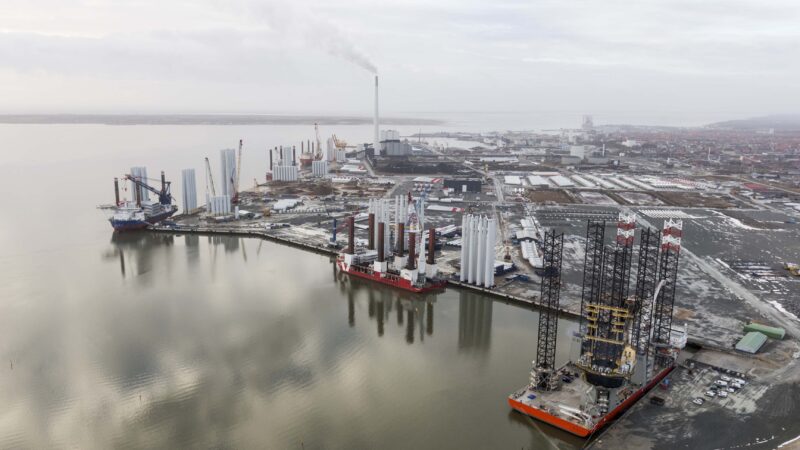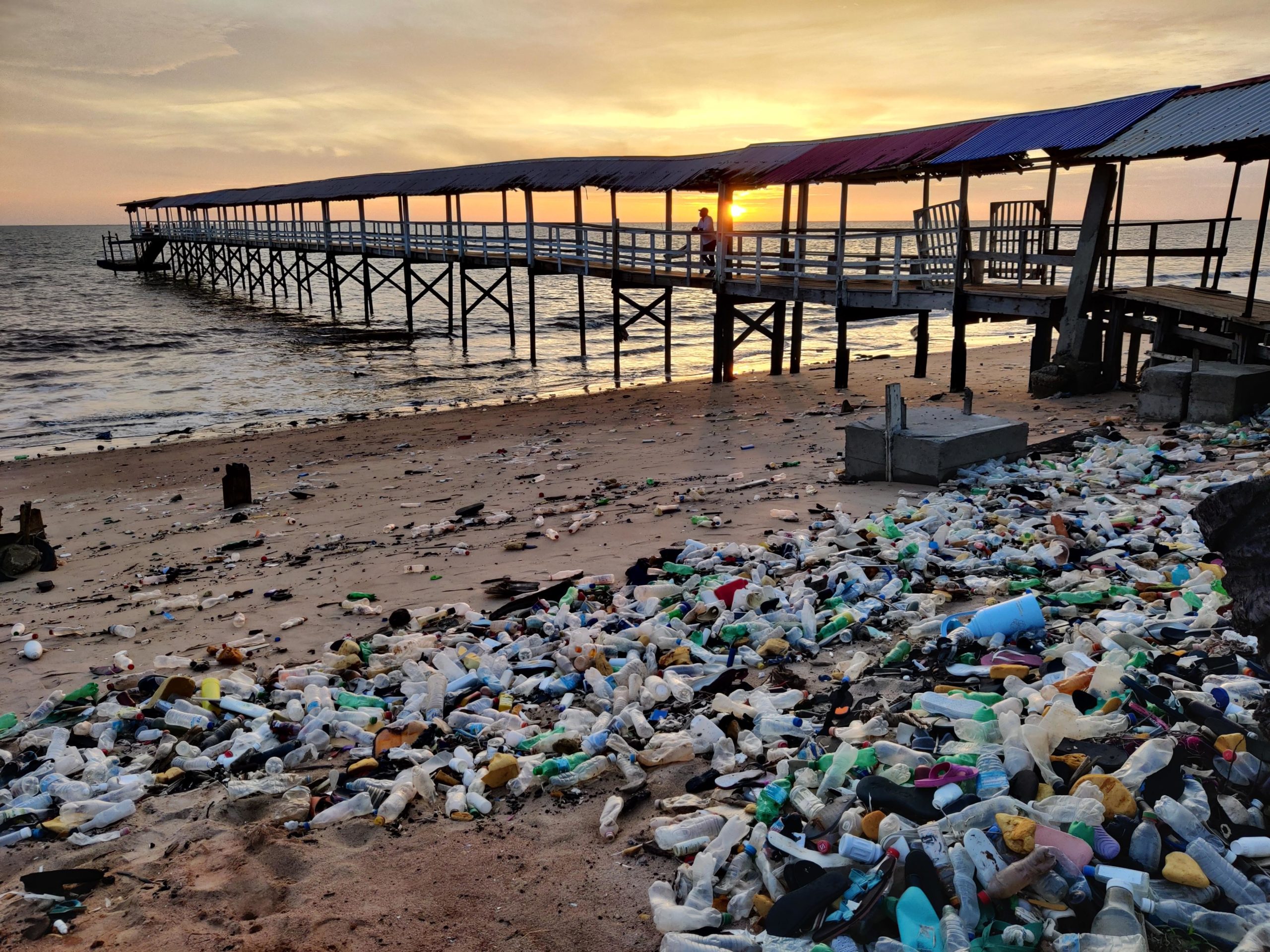A groundbreaking report from Oxfam sheds light on a stark reality: the wealthiest 1% of the world’s population is responsible for emitting as much CO2 as the five billion people constituting the poorest two-thirds of global inhabitants.
Titled “Climate Equality: A Planet for the 99%,” the report unequivocally points to the world’s wealthiest individuals as the primary culprits behind the significant climate burden on our planet.
Placing them at the forefront of responsibility for pollution that contributes to more frequent climate disasters, these catastrophes disproportionately affect the most vulnerable populations in the world’s poorest countries.
Right now, we find ourselves in a world where the consumption and investments of the wealthiest are the main cause of the destruction of the planet through heatwaves, droughts, and floods. The rich are creating a climate crisis that disproportionately affects the poorest in the world. It is extremely unsustainable, and it is something we can and should address.
Released just ahead of the UN Climate Summit, COP28, commencing on November 30, 2023, in Dubai, the report emphasizes the urgent need for action and responsible behavior from the world’s most privileged to address the pressing challenges posed by climate change.
Oxfam’s report, drawing on research from the Stockholm Environment Institute (SEI), reveals a grim reality: the chasm in climate impact between the ultra-rich and the rest of the world’s population is staggering.

Key findings include:
- The wealthiest 1% of the global population (77 million people) accounted for 16% of the total global CO2 emissions in 2019—a quantity equivalent to the emissions from over 5 billion people, comprising the poorest 66%. The richest 10% contributed to half (50%) of these emissions.
- In Denmark, the top 1% (nearly 60,000 people) emits as much CO2 as 1 million individuals in the lowest income brackets and eight times more than the average Dane.
- Offsetting the CO2 emissions from the world’s richest 1% would require nearly a million wind turbines.
- CO2 emissions from the wealthiest 1% will be 22 times higher than the level compatible with the Paris Agreement’s goal of a maximum temperature increase of 1.5 degrees Celsius by 2030.
The climate crisis and inequality are intertwined. Those already living in poverty and climate-vulnerable countries in the global south bear the unjust burden of climate change.
Seven times more people die from floods in more unequal societies than in countries with robust resources and more equitable societies. Therefore, it is crucial to address both the inequality crisis and the climate crisis simultaneously.
Lars Koch emphasizes, “It is incumbent upon us in the wealthiest countries and the most affluent individuals to shoulder the greatest responsibility.
We have an obligation to reduce our consumption and investments in fossil fuel companies while providing fair compensation to the countries and people hardest hit.”

